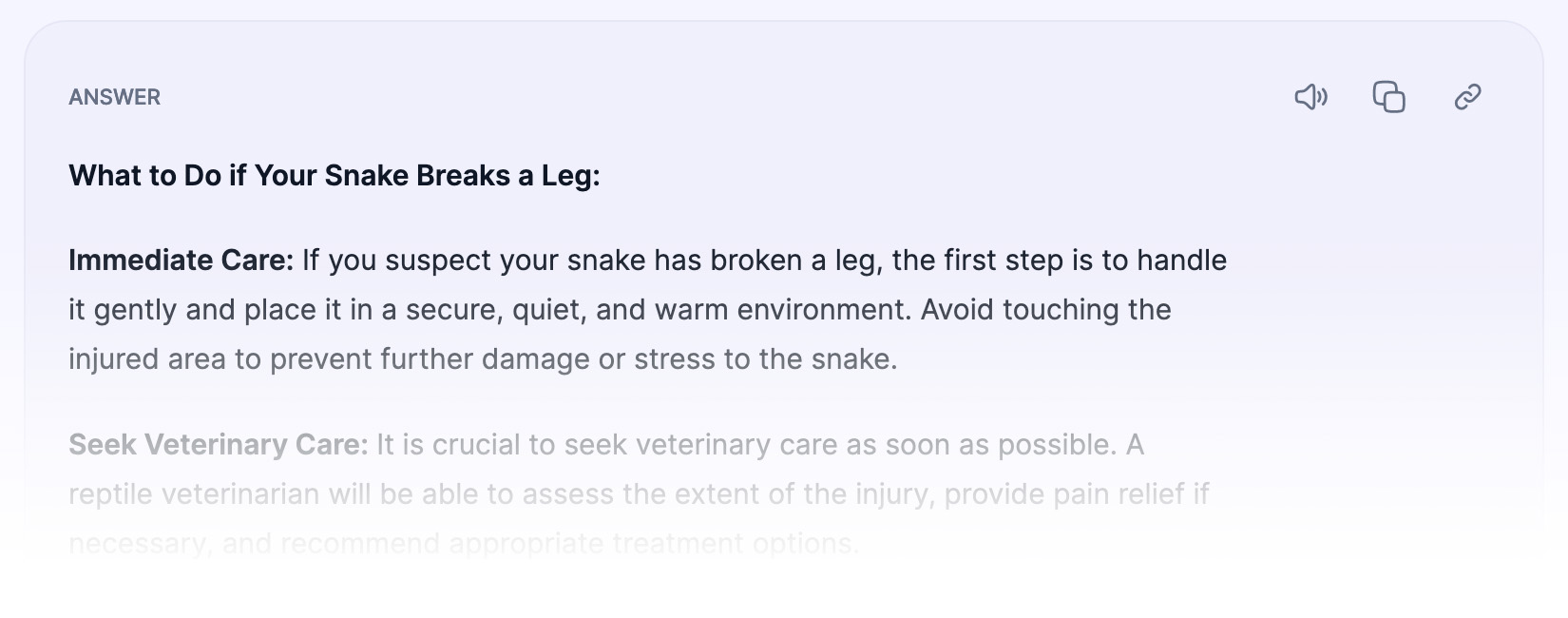Interview of Dr. Serge Linckels - Artificial intelligence

Extract from an interview with Serge Linckels, managing director of the Digital Learning Hub, a structure that offers specialized IT trainings open to all. He was our guest on May 8 and presented different applications of artificial intelligence (AI) during a conference on the sidelines of the ASTF general assembly.
What can you tell us about artificial intelligence ?
Artificial intelligence is a research field that aims to create systems capable of performing tasks that would normally require human intelligence, such as speech recognition or problem solving. A current approach is machine learning, where systems are able to learn and improve from large volumes of data, in principle without any rules. If this data is also organized in the form of structures called "neural networks" (similar to those of the human brain), then we speak of deep learning.
AI concerns all layers of society and I think it will be the most important impact we have experienced.
|
We speak of machine learning (ML) when a machine learns from a large amount of data based on statistics |
Do you think there is an impact on the social layers ?
If you look at the digital transformation in general, you will see opportunities and chances in all areas of our society, be it in the economy, in the administrations or in the manufacturing. There are more and more jobs being created in new fields and specializations such as data science, cybersecurity, and, to invent a new job, the "prompt engineer".
It is true that continuing education and reskilling will be essential instruments for our society to maintain its economic power.
We have sectors in extreme tension, such as care, in what way can AI help to relieve them ?
Indeed, in my opinion, the health sector will greatly benefit from the advancements of AI. For example, the field of prosthetics manufacturing has made enormous progress. Also, thanks to AI, robots are becoming more and more empathetic and are finding their application in many areas. The luxembourgish company LuxAI reprograms robots for use in orphanages and nursing homes. These are empathetic robots that recognize language and allow for friendly conversation to combat social isolation. Families are no longer alone in their mission of accompaniment.
Then, there are many areas in which very promising applications are announced, for example in the analysis of X-rays and the interpretation of cognitive signals for the control of devices. In this case, a computer system will give paralyzed people the ability to write texts on a computer just by thinking them.
And how do you see this at the level of human resources ?
Let’s take the example of my LinkedIn profile, I can ask a chatbot like Gemini from Google (ndr : AI based on a language model) if it corresponds to an online job offer that I want to apply for. I immediately receive feedback on how well my profile matches. As a candidate, the chatbot can then write a cover letter. On the other hand, from the HR side, a chatbot can help prepare the job offer, especially if it is a complicated profile in a field that is less well known to HR. It is also a good tool for analyzing the matches with the resumes of the applicants. In any case and in general, an AI does not replace the human interaction and a physical interview.
If AI relieves certain tasks, can it help in the development of certain skills ?
I believe we are only at the beginning of discovering the potential of AI in general and of "large language models" in particular. For example, generative AI can propose standard letters. I use chatbots to structure my ideas. Concretely, as soon as I have a topic in mind, I can tell the application on my smartphone. At any time, I can ask the application to summarize my ideas, to translate or to summarize texts of law for example, or even to complete my ideas and to check if they correspond well to a legal basis.
What do you think of people who are afraid and want to ban ChatGPT or other AI services ?
I understand these people very well. New technologies or inventions always imply a change in our habits and, as a result, take us out of our comfort zone. However, I am convinced that AI will be a technology that will impact our society to such an extent that I recommend becoming familiar with its opportunities as well as its risks. The ban of a tool will only have a short-term impact. Just like the highway code does not prevent all road accidents.
What are the limits of these tools ?
One of my favourite examples to test the capabilities of a chatbot is the following : "My snake broke its leg. What should I do ?" Indeed, some chatbots interpret the concept "snake" as any animal and advise you on how to treat an injury. Others recognize the semantics and realize that the concept "snake" is an animal without legs. Above all, the answer of an AI is non-deterministic, i.e. it can vary with each questioning.
Knowing that the quality of an AI is always directly related to the quality of the data and the intention of the humans who trained it, it is clear that an AI system cannot be perfect all the time. It’s like with human intelligence, we are not perfect either.
In my opinion, it is important to be aware that AI is a promising technology and ChatGPT a powerful tool at our service. We must remain critical of their use.

